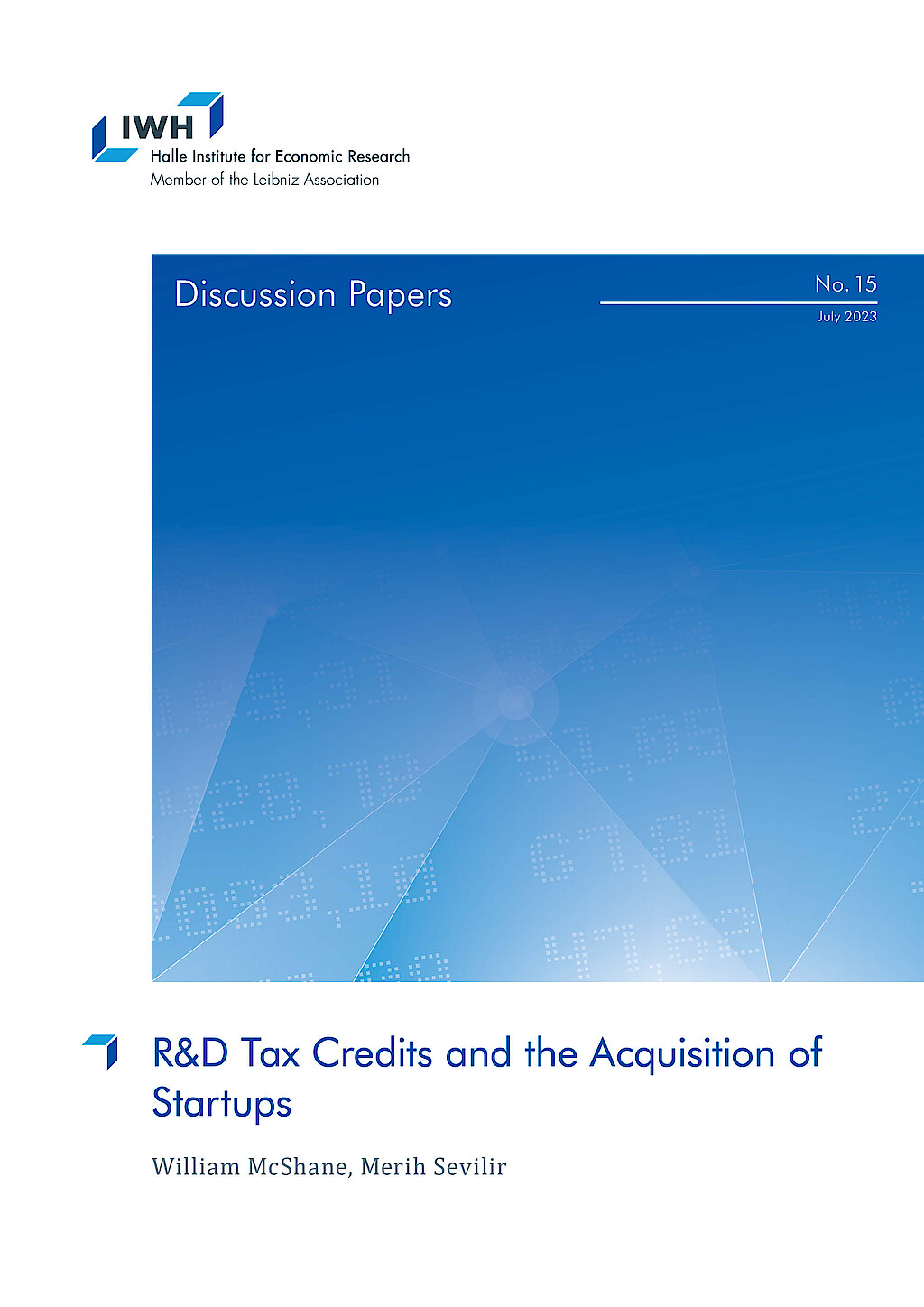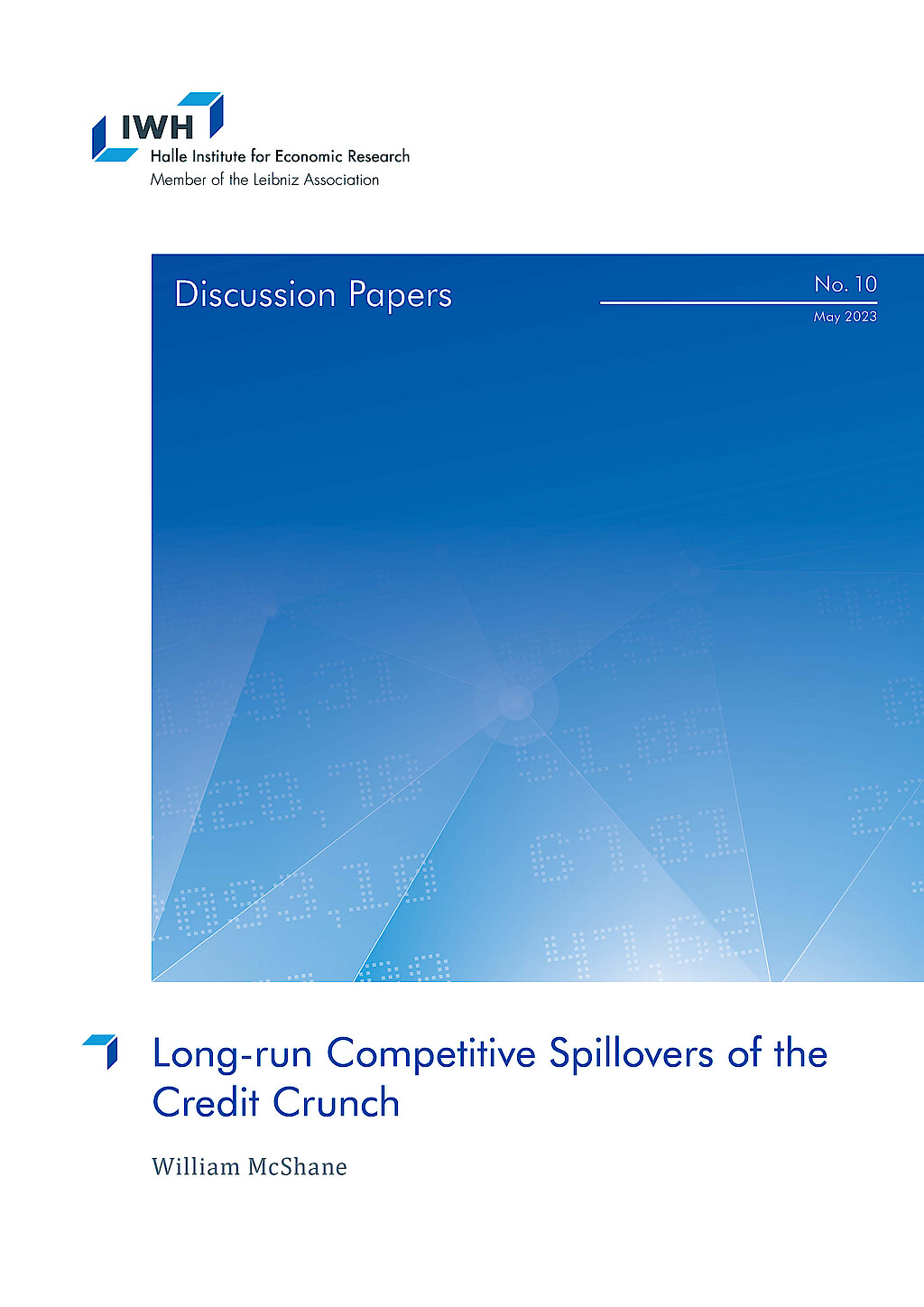Professor Dr. William McShane

Aktuelle Position
seit 8/23
Forschungsprofessor
Leibniz-Institut für Wirtschaftsforschung Halle (IWH)
seit 8/23
Assistant Professor
The American University of Paris
Forschungsschwerpunkte
- Finanzkrisen
- Finanzstabilität
- realwirtschaftliche Auswirkungen von Finanzintermediären
William McShane ist seit August 2023 Forschungsprofessor am IWH. Er forscht zu den Themen Finanzstabilität und den Auswirkungen von Finanzintermediation auf die Realwirtschaft.
William McShane ist seit August 2023 Assistenzprofessor an der American University of Paris. Zuvor war er als Doktorand und wissenschaftlicher Referent des Präsidenten am IWH tätig. Er machte seinen Bachelor-Abschluss in Psychologie am Beloit College in den Vereinigten Staaten. Den Mastertitel in Internationaler Volks- und Finanzwirtschaft erwarb er an der Otto-von-Guericke-Universität Magdeburg, wo er auch promovierte.






